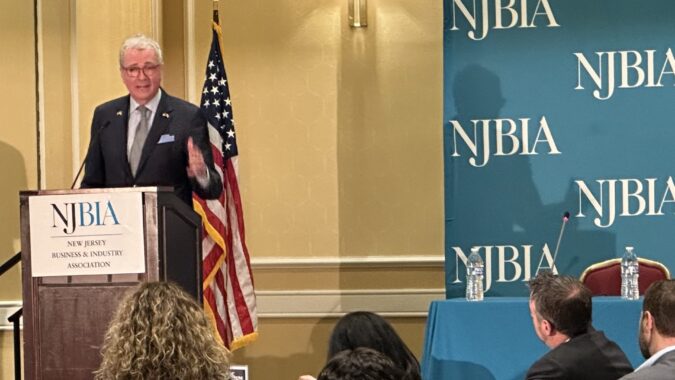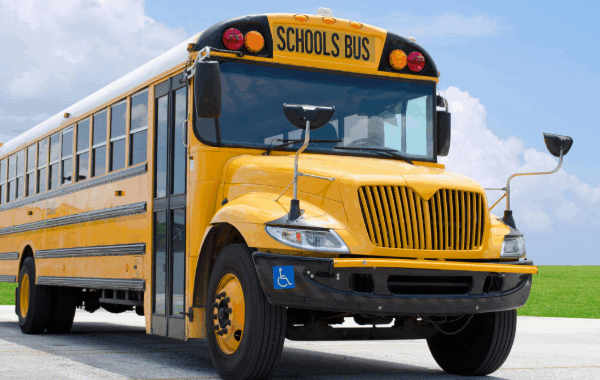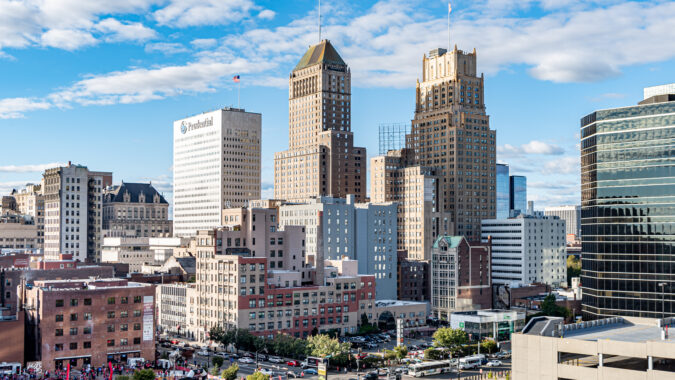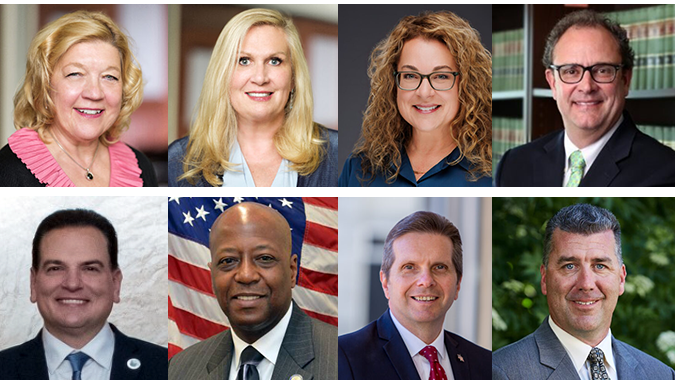Gov. Phil Murphy is sticking to his commitment to not increase the Corporate Business Tax.
In an ‘Ask the Governor’ interview on NPR this week, reporter Nancy Solomon asked the governor if he would change his mind on not returning what was a temporary 2.5% CBT surtax on New Jersey’s highest-earning businesses, after he allowed it to sunset on Jan. 1.
Without the surtax, New Jersey maintains a 9% top CBT rate – which is still fourth highest in the nation – to go along with other top business taxes nationwide.
“We are top four in the country for corporate tax rate,” Murphy said. “So, we’re already a very expensive state.
“Now I would argue we give the corporations here an enormous amount back in exchange for the rate they pay. The most highly educated work force in America to pick one example of many. An enormous investment in skills and education and what not…But we are very expensive.
“My heart, if you will, is not bleeding (for corporations), but we also have to be cold blooded about our economic strategy. We need the jobs that those big companies bring to New Jersey,” he said.
In response to criticisms of affordability concerns with a recently announced 15% fare hike for NJ TRANSIT, many from progressive groups who seek to raise the CBT to fund NJ TRANSIT, Murphy insisted he was “incredibly sensitive to affordability” and noted that there had not been a fare hike for NJ TRANSIT since 2015.
“I think we set the all-time consecutive record of not raising fares,” Murphy said. “The last administration disinvested dramatically in NJ TRANSIT. It was a complete wreck when we got here, and yet they raised fares 38%. So, in the context of that, it’s a 15% raise.
“I would say with all due to respect, the corporate surcharge was never dedicated to NJ TRANSIT, so I don’t see it that way. I have sympathy for the overall concerns that these folks have with the question of affordability. But look at inflation. A 15% increase in fares in a 7-year period doesn’t come close to what the inflation rate has been.”




